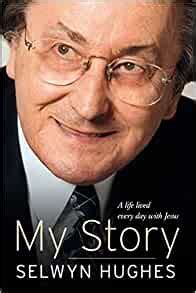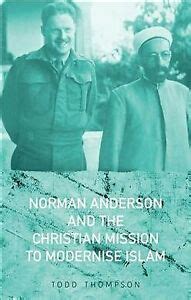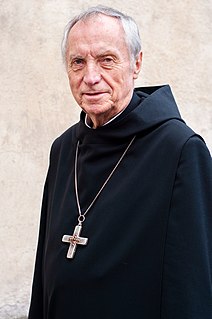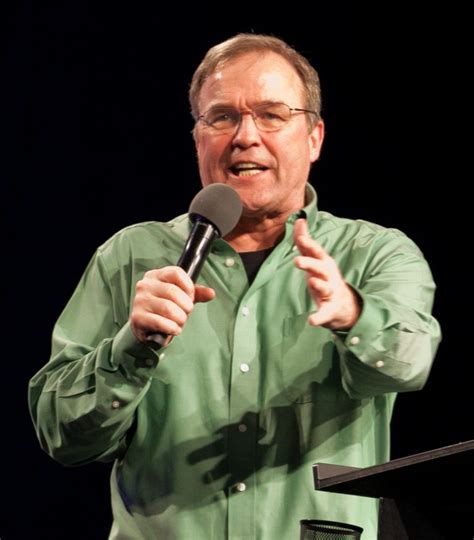A Quote by Craig Groeschel
God could have programmed us as robots to do whatever he tells us, but then we'd never have the freedom to love and worship him.
Related Quotes
The law of giving and receiving is fundamental, and relates just as much to God as it does to us. As we go through the door of giving ourselves to God in worship we find that God comes through that same door and gives Himself to us. God's insistence that we worship Him is not really a demand at all but an offer-an offer to share Himself with us. When God asks us to worship Him, He is asking us to fulfill the deepest longing in Himself, which is His passionate desire to give Himself to us. It is what Martin Luther called "the joyful exchange."
Worship is not music. We can certainly worship Him without musicians and without a song. And by the way, God does not actually seek worship. The Word tells us that He seeks worshippers. He's not looking for those who make the most beautiful music. He's looking for those who worship in spirit ... and in truth. Music is only one of the ways that he has ordained for us to express our worship. Yet too many worship leaders today spend more time honing their craft and planning / rehearsing their worship sets, than they spend on their face, alone in worship.
So many times we come to Jesus in worship and ask Him for things that He already IS and has already done... What a concept to come into worship knowing who we are approaching...the absolute fullness of God, pleased to dwell in this Jesus whom we worship. He's already broken the chains...already seated us with Him...already invited us 'into the glorious'.
Someone tells us that God loves us as a father loves his children. We are reassured. But then something awful happens. Some qualification is made.... We are reassured again. But then perhaps we ask: what is this assurance of God's (appropriately qualified) love worth, what is this apparent guarantee really a guarantee against? Just what would have to happen not merely (morally and wrongly) to tempt but also (logically and rightly) to entitle us to say "God does not love us" or even "God does not exist"?
And because God's love is uncoercive and treasures our freedom - if above all he wants us to love him, then we must be left free not to love him - we are free to resist it, deny it, crucify it finally, which we do again and again. This is our terrible freedom, which love refuses to overpower so that, in this, the greatest of all powers, God's power, is itself powerless.
It is God who gives us the spirit of worship (Psalm 133:3), and it is what we know of God that produces this spirit of worship. We might say that worship is simply theology, doctrine, what we think about God, going into top gear! Instead of merely thinking about Him, we tell Him, in prayer and praise and song, how great and glorious we believe Him to be!
When God tells us to give extravagantly, we can trust Him to do the same in our lives. And this is really the core issue of it all. Do we trust Him? Do we trust Jesus when He tells us to give radically for the sake of the poor? Do we trust Him to provide for us when we begin using the resources He has given us to provide for others? Do we trust Him to know what is best for our lives, our families, and our financial futures?



































